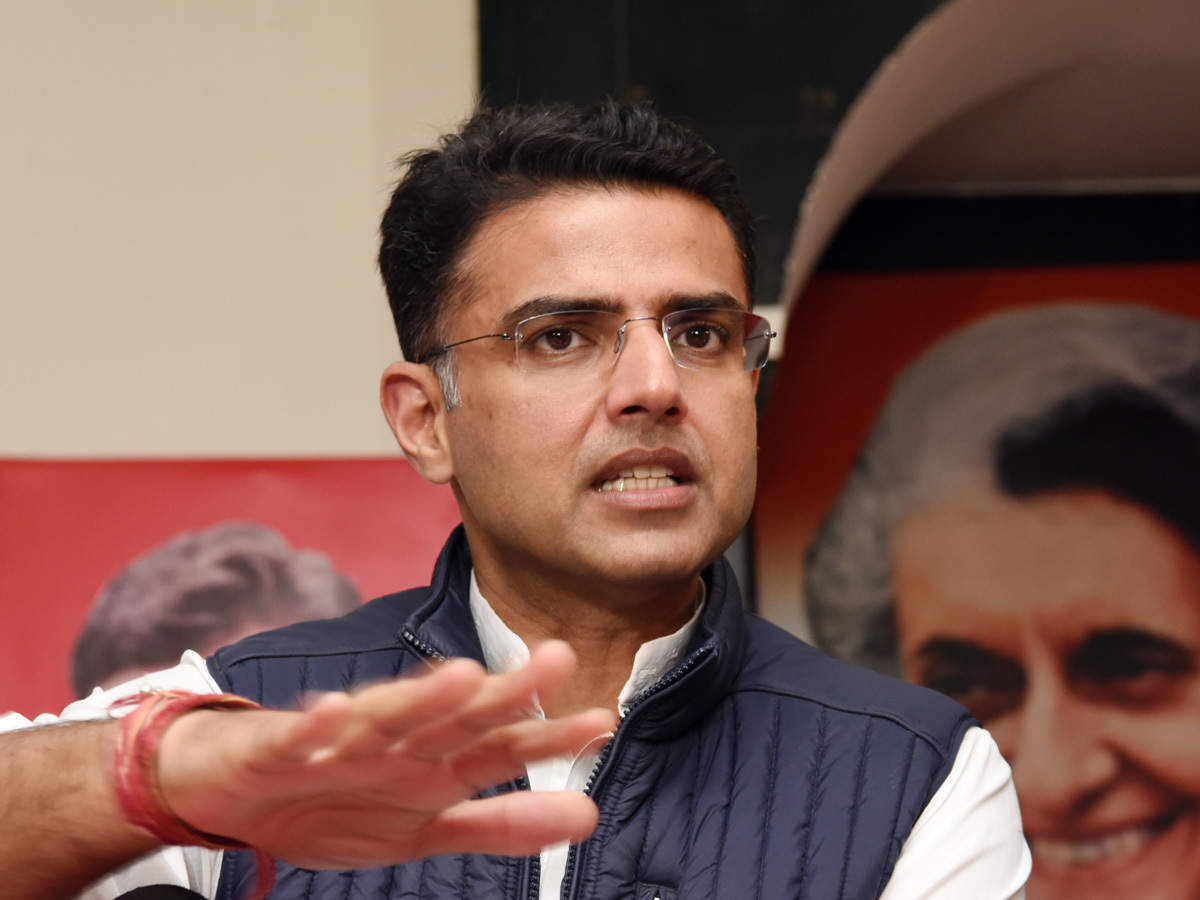The multi-dimensional crisis in Rajasthan, following the open dissent by 19 Congress MLAs spearheaded by Sachin Pilot, can have far-reaching political ramifications for the main characters involved in the unfolding drama, as well as for both the Congress and the Bharatiya Janata Party. The ongoing confrontation has brought to the fore serious constitutional questions concerning the role of the Governor, as also whether judicial intervention can provide a satisfactory solution.
Grossly disappointed with the High Court ruling, necessitating adjudication by the Supreme Court, the Rajasthan Chief Minister, Ashok Gehlot, has now urged the Governor, Kalraj Mishra, to convene the Assembly session on Monday. Under the Constitution, the Governor is bound by the advice of the Cabinet, and any procrastination by him could be construed as a violation of the established norms that govern the conduct and role of those holding gubernatorial assignments.
The Apex Court has, in the S.R. Bommai case, clearly defined that the only way a government can prove its majority is to test its strength on the floor of the House. Therefore, any act that poses an impediment, whatever may be the extraordinary circumstances, is likely to be interpreted as an infringement of the judgement.
The Congress has already made it known that it would not allow the Governor to act as a puppet of the Centre, and if required, state-wide protests, demanding his removal, would be held in various parts of Rajasthan. Mishra has been a seasoned politician himself and thus is unlikely to allow his image to be tarnished in any manner, and would eventually abide by both the letter and spirit of law and the laid-out conventions.
The primary objective of Gehlot for going ahead with an Assembly session is that he wants to take the battle to a forum where he would be in total control, after being convinced that he had the numbers to prove his majority. The Assembly session would also ensure that the rebel MLAs, who so far have sought refuge at a resort at Manesar, in adjoining Haryana, shall ultimately have to make themselves present in Jaipur.
These MLAs can face disqualification from the Assembly in case the Chief Minister has the requisite strength. Once inside the House, they would be bound both by the party whip, and in an event where their actions appear to be not in accordance with what is expected of them, the Speaker shall have the final say in the matter. In other words, they would face the ignominy of first being disqualified from the membership of the Assembly and later being expelled from the party.
Their Congress colleagues are already accusing them of colluding with the BJP, to rock the government and have alleged that they are recipients of enormous amounts of money, paid to dislodge the ruling dispensation. This, however, is a charge that would be extremely difficult to substantiate.
Gehlot, in his third term as the Chief Minister, knows precisely how to counter the offensives from his own erstwhile colleagues as also his political opponents. He is exhibiting high optimism since he thinks that the BJP initiated the Operation Lotus, without taking their own state leaders in confidence. The saffron brigade has its own share of factions, and not too many leaders would want Sachin Pilot to be appointed as the Chief Minister.
Although state BJP chief, Satish Poonia, in a TV interview stated that if the situation allows, Pilot could be the CM, yet he also hastened to add that it was premature to judge the facts since the matter was sub-judice. Another prominent leader, considered close to former CM Vasundhara Raje, categorically said that the BJP did not have the numbers and hence was not interested in forming the government, thereby implying that the Gehlot government was in no danger of falling.
The Vasundhara camp is also viewing the political scenario with keen interest. During the run-up to the recent Rajya Sabha polls, where the BJP had put up two candidates, she had publicly questioned its leadership, with regard to the necessity of fielding the second nominee, when it was picture clear that only one would win. In other words, the BJP’s central leadership is also reconsidering its options, given that the political uncertainty does not guarantee its success. In addition, while exposing serious differences within the Congress, the political theatrics would also be unable to conceal factionalism within the saffron brigade itself.
There are political analysts who are of the view that the BJP should have played its game differently; instead of shielding Pilot and his dissident MLAs, it should have allowed them to be disqualified from the Assembly. The disqualification would have reduced the Gehlot government to a wafer-thin majority, obtained with the assistance of Independents and smaller parties. Therefore, subsequently, the target of toppling the government would have become easier, if the BJP would have succeeded in wooing the majority of Independents on its side.
So far as the expelled MLAs were concerned, the BJP would not have been bound by any obligations to furnish them tickets on its symbol during the byelections. This way, the discontentment amongst hopefuls within the BJP would have been well-handled, with many of them receiving the nomination. However, if the MLAs were to resign before their inevitable debarment, the BJP would have no option but to field them in the ensuing bypolls, thus creating dissidence in its own camp.
In this, “do or die battle”, Ashok Gehlot simply cannot afford to lose. Between us.

